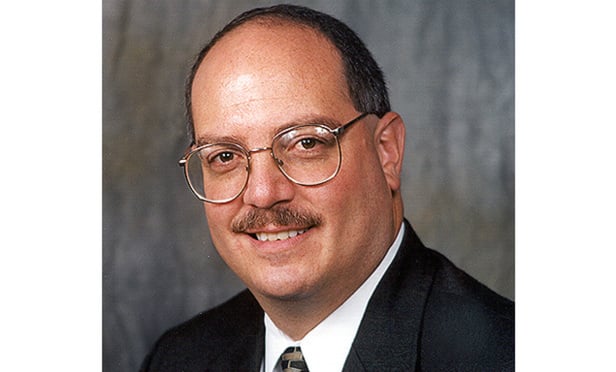Of all the various kinds of easements that can burden real property under New York law,1 the determination that a parcel is subject to an “implied easement” by prior use may be the one that is most difficult to prove. That is because an implied easement, by definition, is not created by an express grant or agreement of neighboring property owners or other parties, which allows a court to discern the true intent of the parties and the nature and scope of the easement. Moreover, although courts have set forth a standard they use to examine a claim of implied easement, the party claiming the easement has the burden of asserting the existence of the facts necessary to establish the entitlement by clear and convincing evidence.2 This heightened burden reflects the fact that implied easements are not favored in the law.
Reasonably Necessary
Consider the recent decision by the Appellate Division, Third Department, in Freeman v. Walther.3 The plaintiff and the defendants in this case owned adjacent parcels of property in the upstate New York town of Sharon. The defendants, who acquired title to their property in 1999, used a preexisting pipeline that ran across the plaintiff’s property to access water from a pond on property that was north of the plaintiff’s parcel. The pipeline was in existence since at least 1964 and had been used continuously by the defendants’ predecessors-in-interest.
This content has been archived. It is available through our partners, LexisNexis® and Bloomberg Law.
To view this content, please continue to their sites.
Not a Lexis Subscriber?
Subscribe Now
Not a Bloomberg Law Subscriber?
Subscribe Now
LexisNexis® and Bloomberg Law are third party online distributors of the broad collection of current and archived versions of ALM's legal news publications. LexisNexis® and Bloomberg Law customers are able to access and use ALM's content, including content from the National Law Journal, The American Lawyer, Legaltech News, The New York Law Journal, and Corporate Counsel, as well as other sources of legal information.
For questions call 1-877-256-2472 or contact us at [email protected]



